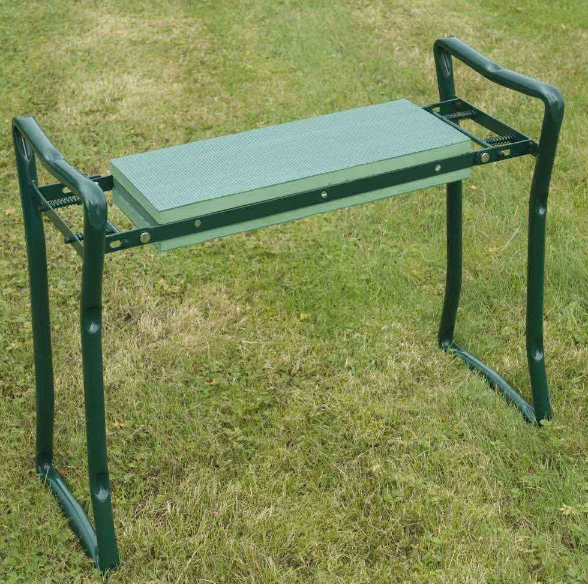Gardening Mobility Aids
Specialised gardening equipment may assist those with physical limitations who enjoy the outdoors. Here is a wide selection of tools designed to lessen the burden of gardening on your body. Gardening may be a pleasant activity thanks to the availability of ergonomically designed equipment and accessories like kneelers that reduce knee stress.
Disclaimer* Please note some of the links on this page are affiliate links. Meaning if you click on them we receive a small commission.
Last Updated on April 11, 2025 | Published: September 26, 2022

What Do You Need To Know When Buying Gardening Mobility Aids?
When looking at buying gardening mobility aids, you should identify where you need help. What do you need help with? Such as do you need help with the tools or something to sit on while gardening.
How To Buy Gardening Mobility Aids
The best way to buy Gardening Mobility Aids online is to shop around first, as there are many different products to pick from, so doing your research before purchasing anything would be helpful.
Where To Buy Gardening Mobility Aids
You can buy Gardening Mobility Aids online, and we have picked some that may help on this page.
What Are The Benefits Of Having Gardening Mobility Aids?
Gardening mobility aids allow people with limited mobility to garden again- comfortably and safely.
What Should I Look Out For When Choosing Gardening Mobility Aids?
When looking and choosing garden mobility aids, you should look at:
- Reviews
- Recommendations
- Costs
Our Pick of Top Gardening Mobility Aids
Gardening Mobility Frequently Asked Questions
What Aids Are Available To Assist With Mobility When Gardening?
Wheelchairs, rollators, and ramps are some mobility aids that might come in handy outside. Wheelchair accessories like cushions and gloves may make using the device more pleasant and practical.
What Gardening Tool Is Used For Loosening The Soil?
The garden fork is an essential accessory. Aerate your yard. Break up the soil, remove the pebbles and weeds, loosen the soil, and drill planting holes.
What Is The Three-Pronged Garden Tool?
A three-tined cultivator is a crucial tool. You may accomplish more work in less time thanks to the hybrid design of this weeding and digging hoe.




